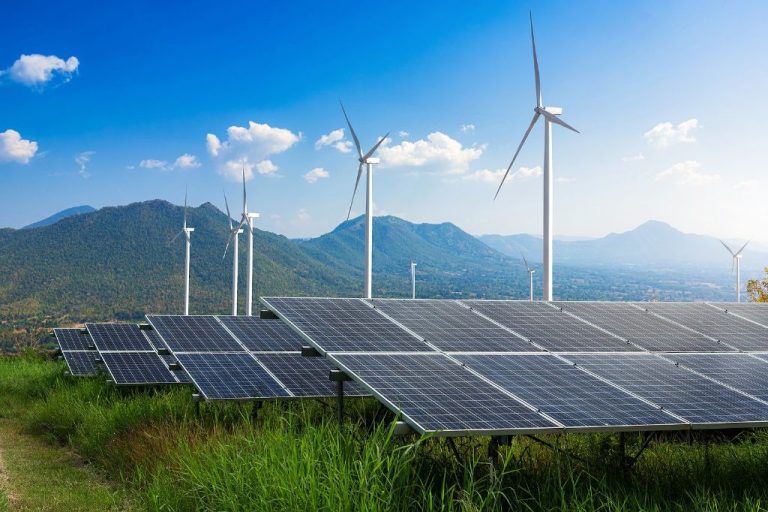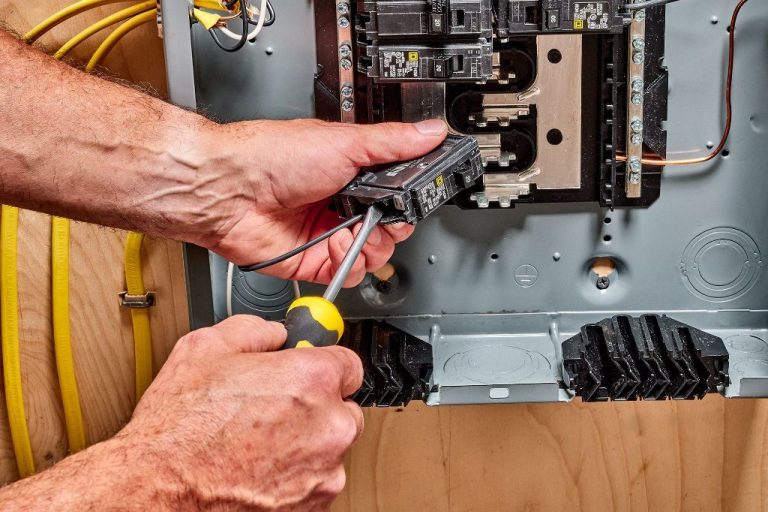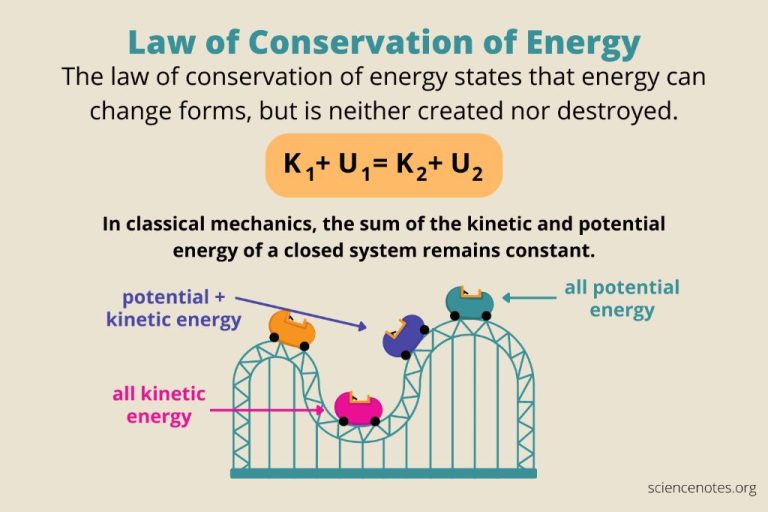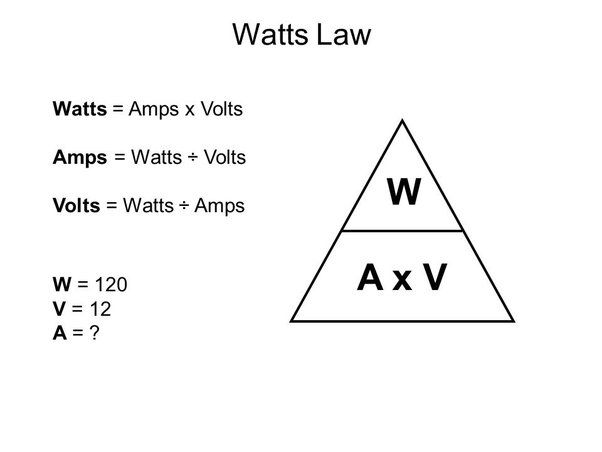Is Efficiency The Same As Energy?
Efficiency and energy are two related but distinct concepts. Efficiency refers to the ratio of useful output to input in any process. It measures how well a process converts input resources into useful output (Di Franco, 2019). On the other hand, energy is the ability to do work and can exist in many forms such as electrical, thermal, chemical, nuclear, etc. Energy is transferred between objects or converted from one form into another (Saunders, 2021).
While efficiency and energy are different, they are connected. Improving efficiency allows using less energy to achieve the same output. However, increased efficiency does not always decrease energy use, and reducing energy use does not require efficiency gains. There are important distinctions between efficiency, energy conservation, and energy savings.
Efficiency
Efficiency is the ratio between the useful output of a process and the total input of resources required to achieve that output. It is a measure of productivity and indicates how well resources are utilized to produce results. An efficient process maximizes desired outputs while minimizing wasted inputs (Investopedia).
Some common examples of efficiency include:
- An efficient machine produces the maximum number of products using a set amount of electricity or fuel input.
- An efficient worker can complete a high quantity of tasks in a short period of time.
- An efficient car engine converts a larger percentage of fuel energy into motion.
- An efficient manufacturing process minimizes raw material waste and energy expenditures.
- An efficient supply chain reduces transportation costs and delivery times.
Efficiency is maximized when the ratio of outputs to inputs is highest or when the same output can be achieved with fewer inputs. It often requires streamlining processes, adopting more effective techniques and technologies, or eliminating any wasted resources or unnecessary steps.
Energy
Energy can be broadly defined as the capacity for doing work. It is a quantitative property that exists in many forms such as kinetic energy, potential energy, thermal energy, sound energy, chemical energy, and more [1] [2].
Some examples of different forms of energy include:
- Kinetic energy – the energy possessed by a body by virtue of its movement. A moving car has kinetic energy.
- Potential energy – the energy possessed by a body by virtue of its position or state. A book on a high shelf has potential energy that can be released as kinetic energy if it falls.
- Thermal energy – the total kinetic energy of the particles that make up a substance. Heat is an example of thermal energy.
- Chemical energy – the energy stored in the bonds between atoms and molecules. Batteries and food stores contain chemical energy.
- Electrical energy – the energy caused by the flow of electrons. Lightning is an example of electrical energy.
- Nuclear energy – the energy stored in the nucleus of an atom and released during nuclear fission or fusion. Nuclear power plants use nuclear energy.
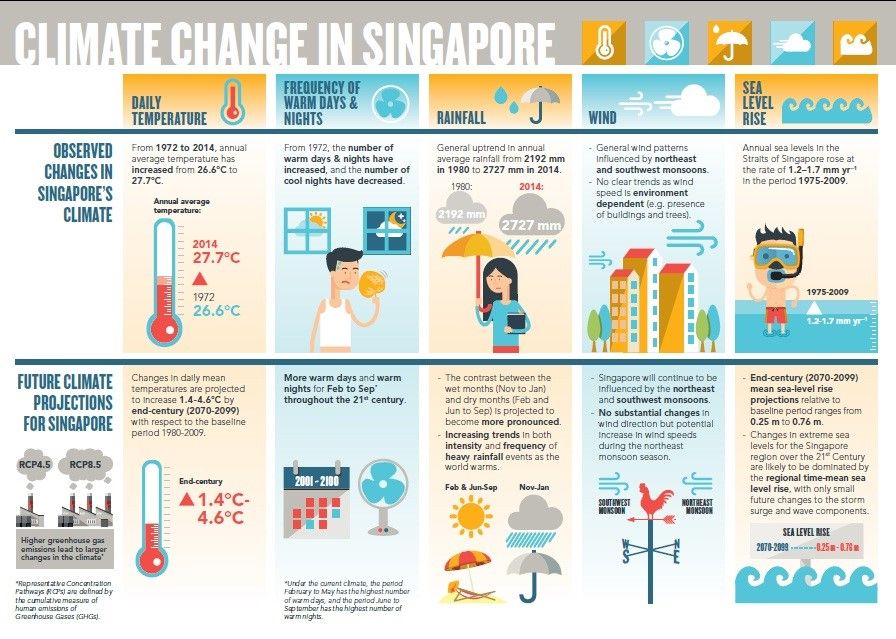
Energy is never created or destroyed, but it can be converted from one form to another. The capacity of a system or object to do work depends on the energy it contains.
Relationship Between Efficiency and Energy
Efficiency relates to energy use by measuring how well input energy is converted into useful output energy [1]. Efficiency is expressed as a ratio or percentage of useful output energy to input energy. For example, if a machine converts 50% of input energy into useful work, it has an efficiency of 50%. The remaining 50% of input energy is “wasted” or lost as heat or other forms of energy.
The efficiency equation is:
η = (Useful Energy Output / Total Energy Input) x 100% [2]
Higher efficiency means less energy is wasted. Improving efficiency allows delivering the same services or output with less input energy. For example, LED light bulbs are more efficient than incandescent bulbs – they provide the same light output with less electricity input. Efficiency is important for reducing energy costs and environmental impacts.
Efficiency Can Reduce Energy Use
Efficiency means performing a task using less energy input. When devices and systems are efficient, they use less energy while still achieving the desired output or result. For example, LED light bulbs require far less electricity to produce the same amount of brightness compared to traditional incandescent bulbs. According to Energystar.gov, LEDs use at least 75% less energy and can last up to 25 times longer than incandescent lighting (source).
Another way to improve efficiency is through building insulation. Adding insulation to walls, attics, and basements reduces heat transfer and energy leakage. Well-insulated buildings require less energy for heating and cooling to maintain comfortable temperatures. The Department of Energy estimates homeowners can reduce heating and cooling costs by up to 20% by air sealing their homes and adding insulation (source).
In summary, using efficient devices, equipment, and designs can significantly reduce the amount of energy required to perform common tasks and functions. This saves money on energy bills and reduces environmental impacts.
Increasing Efficiency Does Not Always Decrease Energy Use
While it may seem counterintuitive, increasing efficiency does not always lead to decreased energy use. This idea is illustrated by the Jevons paradox. As explained on Wikipedia, “The Jevons paradox occurs when technological progress or government policy increases the efficiency with which a resource is used, but the rate of consumption of that resource rises due to increasing demand.”
Essentially, as efficiency improvements make a resource cheaper to use, demand for that resource increases. This can offset the intended energy savings from the efficiency gain. For example, fuel-efficient vehicles tend to encourage more driving, offsetting some of the energy savings. This rebound effect means that part of the expected energy savings from efficiency are lost. According to Wikipedia, “The size of the direct rebound effect is estimated to be around 30% for household heating and cooling and transportation.”
So while increasing efficiency is important, it does not guarantee lower energy use due to complex economic and behavioral feedbacks. Efficiency must be paired with conservation efforts and policies that limit demand growth in order to effectively reduce energy consumption.
Efficiency and Conservation Are Different
Energy efficiency and energy conservation are related concepts but have some key differences. Conservation directly reduces energy consumption through behavioral or habit changes. For example, turning off lights when leaving a room or lowering the thermostat in winter conserves energy (source).
Energy efficiency, on the other hand, involves using technology that requires less energy to perform the same function. Replacing incandescent light bulbs with LEDs or installing insulation to prevent heat loss are examples of efficiency improvements. While these upgrades may result in energy savings, the main goal is to maximize output per unit of energy input.
The key distinction is that conservation directly aims to use less energy, while efficiency may indirectly reduce energy use through advanced technologies and systems. But efficiency improvements do not always decrease total energy consumption, especially if they make an energy-using activity cheaper and more accessible. Still, pursuing both conservation and efficiency is important for managing energy use and resources.
Importance of Efficiency
Increasing efficiency provides many benefits for organizations and the economy overall. Some key benefits of improved efficiency include:
Saving time and money – More efficient processes reduce waste and allow organizations to produce more output with less input. This saves valuable resources like employee time and company funds (Source: https://www.waspbarcode.com/buzz/5-important-factors).
Improving accountability – Efficient systems track inputs and outputs, making it easier to monitor performance and identify issues. This supports data-driven decision making (Source: https://www.creativesafetysupply.com/qa/facility-efficiency/why-is-efficiency-important-in-the-workplace).
Increasing productivity – Eliminating waste from workflows allows workers to complete more tasks in less time. Efficient organizations can increase output without expanding resources (Source: https://drstankovich.com/the-importance-of-efficiency-applied-to-success-productivity/).
Government incentives also promote efficiency improvements. Tax credits, grants, and subsidies are available for organizations that invest in more energy efficient equipment and buildings.
Criticisms and Considerations
Efficiency has its limits and tradeoffs that are important to consider. Some argue for more focus on “sufficiency” over efficiency (Knoeppel, 2018). Sufficiency is meeting needs sufficiently without excess, which contrasts with the endless pursuit of efficiency gains. Over-emphasis on efficiency can lead to negative consequences like rebound effects where efficiency improvements actually increase resource usage by making things cheaper (Knoeppel, 2018).
There are also equity concerns around efficiency. Focusing narrowly on efficiency in resource allocation can exacerbate inequalities. As one study found, distributive justice requires tradeoffs between efficiency and equity (Palmer, 2013). An excessive focus on efficiency can deprive already disadvantaged groups of needed resources in the pursuit of optimization and cost savings.
While efficiency has merits, it needs balancing with other priorities like sufficiency, conservation, and equity. Efficiency should be pursued consciously, not as an end in itself, but as one strategy among others for meeting social goals.
Conclusion
In summary, efficiency and energy are related concepts but have distinct meanings. Efficiency refers to accomplishing a function or process with minimum wasted effort or expense. Energy is the capacity to do work. While greater efficiency can reduce energy consumption, efficiency and conservation are not the same thing. Increased efficiency does not always decrease energy use in practice. There are also critiques about focusing solely on efficiency, like the potential for rebound effects. Overall, efficiency is an important strategy for managing energy consumption, although it alone is likely insufficient to address rising energy demand globally.

